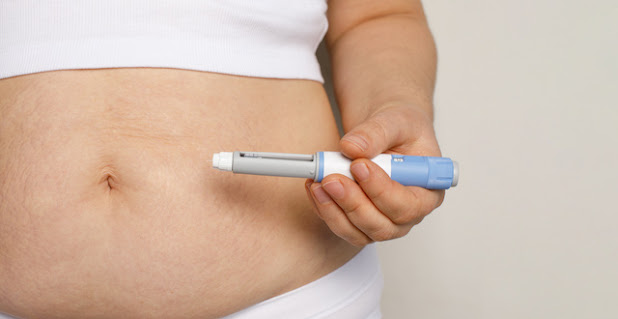Can Pregnancy Cause Temporary Hair Loss?
Pregnancy is an exciting and transformative experience, but it can bring about a range of changes in a woman’s body, some of which may be surprising. One common concern many women have is hair loss during pregnancy. While it might seem counterintuitive, temporary hair loss during pregnancy is a phenomenon that affects many women. If you're worried about the changes in your hair, consulting a trusted Hair Specialist Doctor in Dubai could help clarify your concerns and offer guidance on managing your hair health during this time.
The Link Between Pregnancy and Hair Loss
Pregnancy introduces a wide range of hormonal changes that can significantly impact various aspects of your health, including your hair. Typically, the body experiences an increase in estrogen, which promotes hair growth and prevents shedding. This means that many women may actually notice their hair becoming thicker and fuller during the early stages of pregnancy. However, after childbirth, a sudden drop in estrogen levels can trigger a phase of hair shedding known as postpartum hair loss.
Postpartum Hair Loss: What You Need to Know
Postpartum hair loss typically begins around 3-6 months after giving birth and can last for several months. This is a natural process that occurs as your body adjusts to hormonal shifts. During pregnancy, hair follicles are in the anagen (growth) phase, and hair is less likely to fall out. After delivery, when estrogen levels decrease, more hair follicles enter the telogen (resting) phase, leading to increased hair shedding.
This temporary hair loss can be distressing, but rest assured that it’s usually not permanent. Most women experience a return to their usual hair growth cycle within 6-12 months after childbirth.
What Causes Hair Loss During Pregnancy?
While postpartum hair loss is the most common cause, pregnancy-related hair changes can also occur for other reasons:
- Hormonal fluctuations: During pregnancy, hormonal surges are at their peak, and when they shift back to normal post-delivery, the body can experience shedding.
- Stress: The emotional and physical demands of pregnancy can lead to stress, which is often linked to hair thinning or shedding. Stressful events or changes can trigger a condition known as telogen effluvium, a type of temporary hair loss.
- Nutrient deficiencies: Pregnant women require additional nutrients, and a lack of essential vitamins and minerals (like iron or biotin) can lead to hair thinning. A balanced diet is crucial for maintaining healthy hair during and after pregnancy.
How to Manage Hair Loss During Pregnancy
If you’re experiencing temporary hair loss during pregnancy or postpartum, there are several steps you can take to manage the situation:
- Maintain a healthy diet: Ensure you're getting the necessary nutrients, including vitamins, minerals, and proteins, to support healthy hair growth.
- Avoid excessive stress: Pregnancy and motherhood can be stressful, but finding ways to relax and manage stress can help minimize hair shedding.
- Gentle hair care: Be gentle when washing, brushing, and styling your hair. Avoid harsh chemicals and tight hairstyles that can cause hair breakage or strain.
When to Seek Professional Advice
In most cases, hair loss during pregnancy and postpartum is temporary and will resolve on its own. However, if you’re concerned about the amount of hair you're losing or if the shedding persists for an extended period, it may be helpful to consult with a Hair Specialist Doctor Dubai. A specialist can evaluate your condition, rule out any underlying issues, and recommend appropriate treatments or lifestyle adjustments to promote hair regrowth.
Conclusion
While pregnancy can cause temporary hair loss, it’s usually part of the body’s natural hormonal changes and not something to be alarmed about. By understanding the connection between pregnancy and hair loss, women can better manage their expectations and care for their hair throughout the journey. If you're experiencing unusual hair loss, don’t hesitate to reach out to a professional for personalized advice. With the right care and patience, you’ll likely see your hair return to its normal state in due time.

.jpg)
.jpg)


Comments
Post a Comment